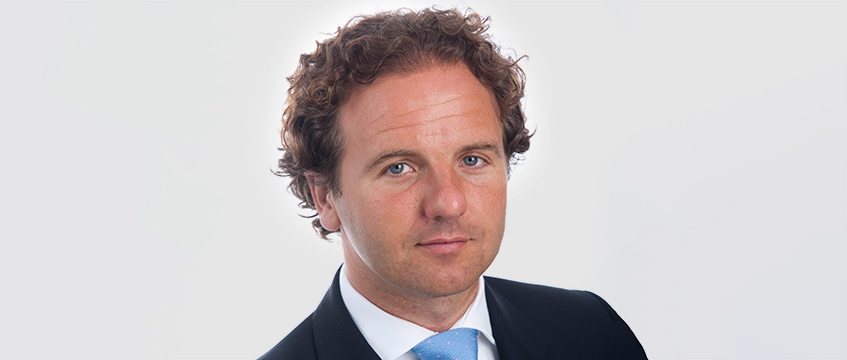COMMENT As we all know, the current crisis surrounding coronavirus is extreme. At a household level, it calls for huge sacrifices in the way we work, the way we shop and the way we behave towards our friends, families, and colleagues. Above all else, the situation calls for new levels of teamwork and collaboration between people in a time of adversity.
The exact same can be said of business, commerce and government. Up and down the country, organisational leaders are devising ways to protect their businesses, protect workforces and play their part in what will be a monumental collaborative effort between government, public sector and private sector.
One partnership which has the potential to make a huge difference in the outcome of this virus is that between ‘alternative’ real estate assets such as hotels, care homes and student accommodation, and the healthcare sector. This collaboration is already very much in process in the UK and Germany, but there is much more that could be done to capitalise on the unique fundamentals of the sectors to introduce measures to combat the crisis.
Newspaper reports confirm that major hotel chains are already in discussions with the government with the intention to provide the NHS with emergency bed provision and staff accommodation. Best Western, Hilton, Holiday Inn, Travelodge and Premier Inn are among the operators involved in the discussions, and the first hotel dedicated to NHS support is set to open within the week.
Palpable impact
Hotels, which provide about 680,000 beds nationally, are set to lose weeks and months of revenue as tourism dwindles while student accommodation blocks, which encompass 647,000 beds in the UK, are largely left empty as universities have been closed down owing to the coronavirus.
There are also a number of vacant and underperforming care home assets that could be better utilised, with our estimates showing around 75,000 care beds are currently empty. So, it is clear that there is actually good bed availability – it’s more about communicating that these spare beds could be used to support the NHS and its needs.
At the same time, both hospitals and elderly care homes will need vital support as they look to accommodate a mixture of essential healthcare workers, recovering virus patients and elderly people. It therefore seems a discernible step for the impacted alternative asset classes to provide support for the healthcare sector to ensure those assets are being used in a positive way, while helping to solve this global pandemic.
In the current crisis, it’s very easy to forget that in any normal period of time thousands of elderly people become unable to care for themselves and need to enter hospital or full-time residential care, with approximately 8,000-9,000 people needing to go into full-time care annually, creating new bed demand. With hospitals nearing capacity and care homes on lockdown, we are seeing hotels and student accommodation blocks reposition to care for the elderly and also to isolate carers with the virus, especially hotels that are located close to hospitals.
Hotels, vacant care homes and student accommodation providers in close proximity to the NHS could introduce numerous measures that would have a palpable impact on the crisis, such as accommodating NHS workers who need somewhere to stay, providing an overspill unit for those individuals in isolation, offering respite for those inpatients who have recently been discharged, and offering accommodation for hospital staff who have been diagnosed with the virus.
Vital support
At Knight Frank, we have been contacted by a leading UK hotel owner, with a national portfolio of about 2,500 rooms, and a student accommodation provider with assets in various UK cities, expressing a clear interest to offer support to the NHS at all levels and all geographies where necessary. Given we work with leading names across the alternative asset classes, Knight Frank is perfectly positioned to act as a one-stop shop for these parties to collaborate on potential solutions to the current crisis and help facilitate these partnerships.
We expect to see more hotel owners and operators, student accommodation providers and care homes offering their assets and services as they seek to play a crucial role in combatting the epidemic. With 2.9 million people – or just under 10% of the UK labour force – working for the NHS or adult social care sector, facilitating these types of collaborations could not only be vital in propping up hoteliers and student housing providers, but will give the NHS and elderly care sector the vital support needed to save as many lives as possible.
Julian Evans is partner and head of healthcare at Knight Frank











